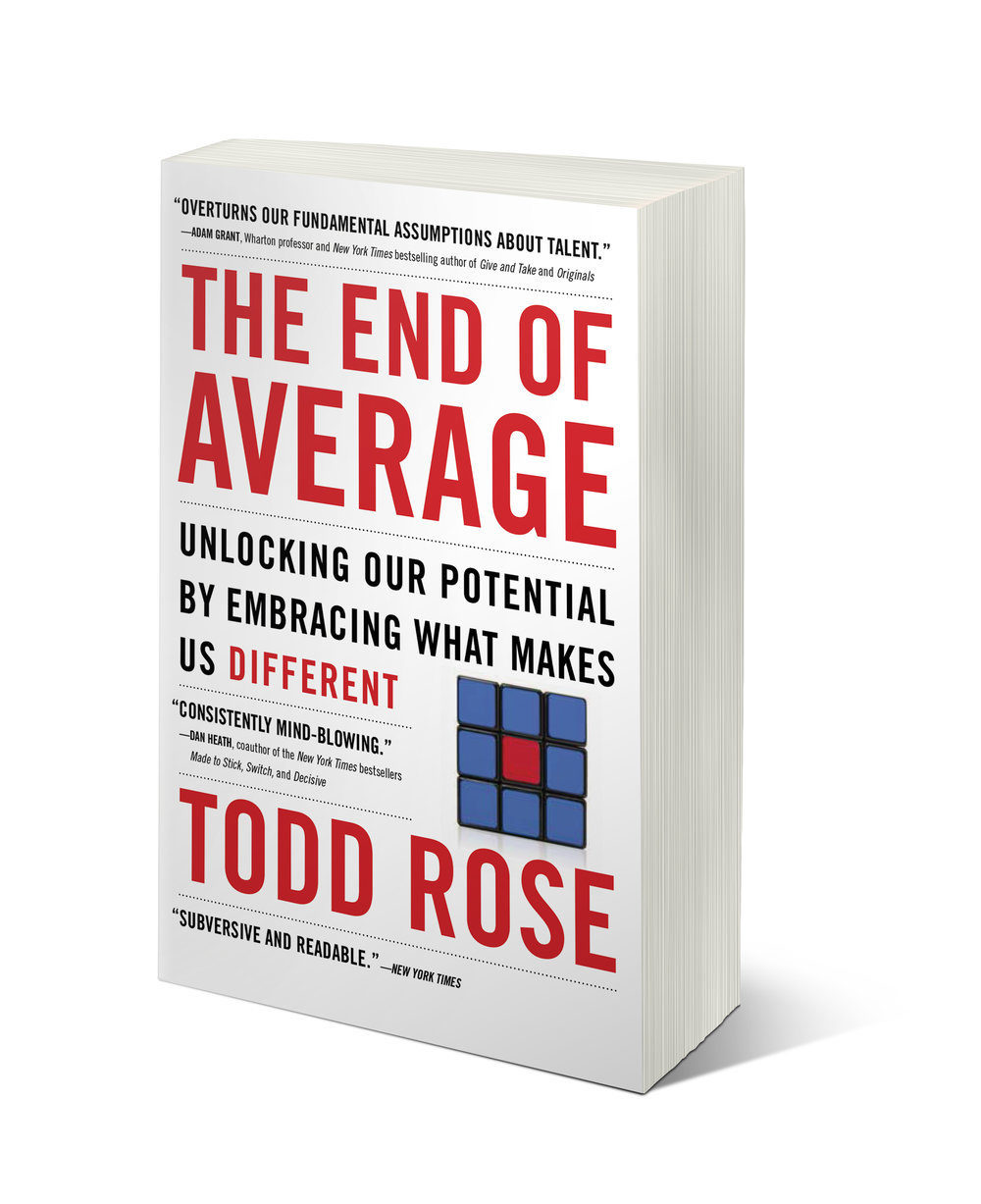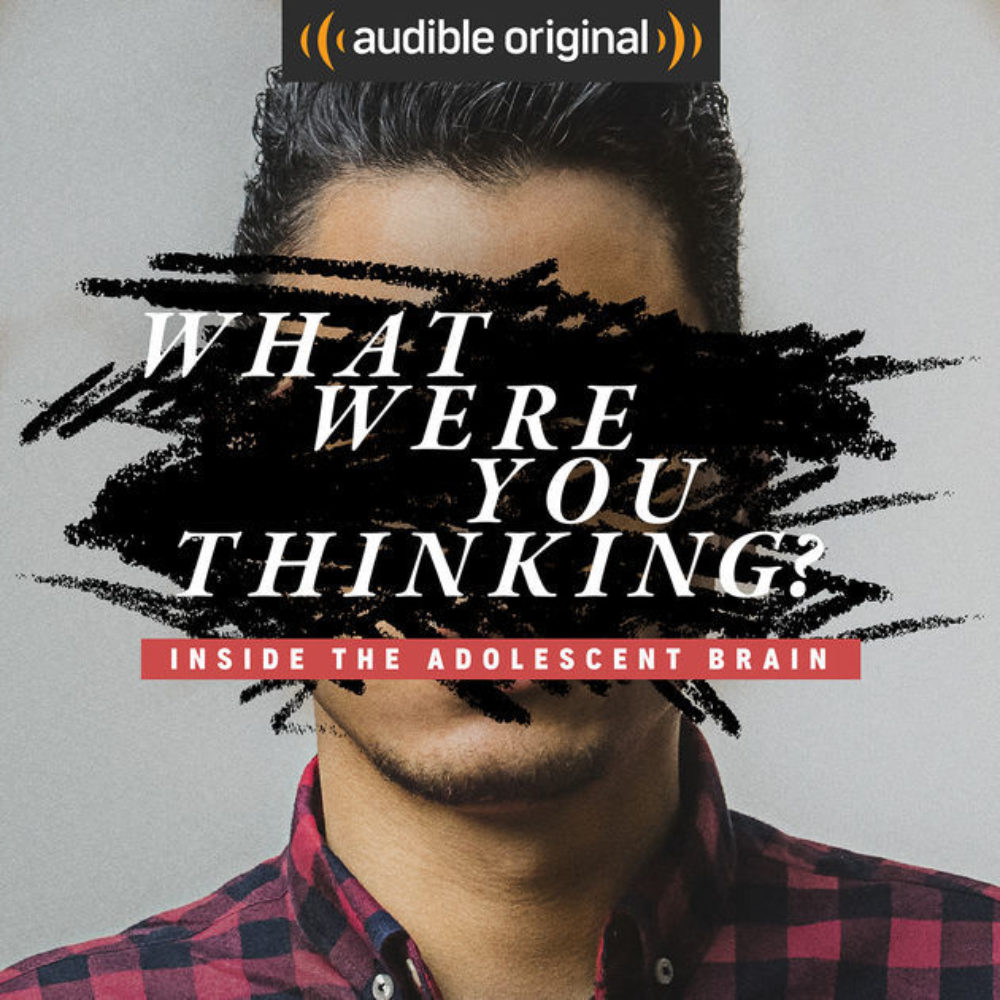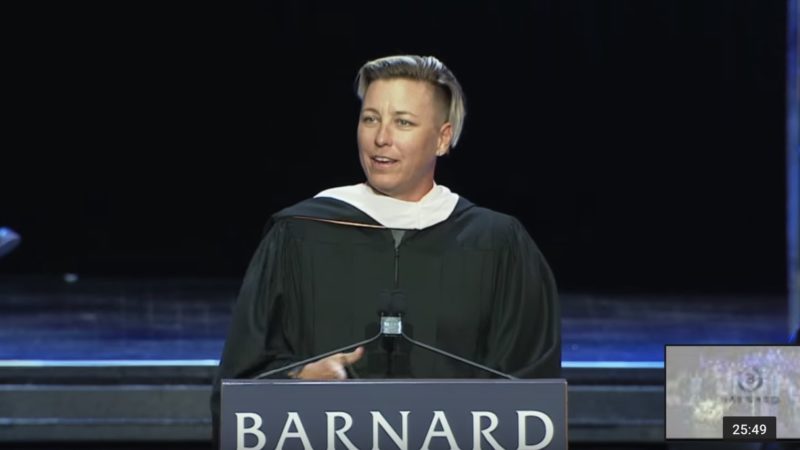GOA's Summer Playlist: 20 Resources to Spark New Ideas About Learning
Summer is for relaxation, exploration, and inspiration. As so many educators in our community and beyond prepare for new adventures after the end of the school year, we know they're also hoping to discover new ideas and strategies for their work.
At GOA, we're constantly sharing resources with each other, trading links and passing books around. We seek out new ideas in education, but often find ourselves as inspired, if not more inspired, by ideas we find in the world, in fields we like to call "education-adjacent." Every summer, we put together a multimedia playlist, 20 things we loved reading, watching, and listening to this year that we think educators around the world will find inspiring, too. Explore what's here, pick something that catches your eye, and tell us what you think!
Read

The End of Average, Todd Rose
Rose’s book makes wonderfully clear how “averages” misunderstand us and mislead us and others. For example, you got a 670 on your math SAT; so did I. We are grouped together because of that, BUT we may well have missed different questions; so while we have the same scores, what each score represents is different. What we need to capture is our “jagged profile” and we need to, as the subtitle tells us, “[unlock] our potential by embracing what makes us different.” Averages do the opposite.
Embedded Formative Assessment, Dylan Wiliam
Formative assessment and feedback are at the center of driving learning in GOA classes. Dylan Wiliam’s book takes an in-depth look at what the research tells us about what works. Each chapter starts with the research and ends with a series of formative assessment practices that teachers can use immediately. Chapter Five on feedback that drives learning is worth the price of the book many times over.
The Resegregation of Jefferson County, Nikole Hannah-Jones
Hannah-Jones is one of the most powerful educational storytellers working today. This examination of how a town in Alabama recently tried to secede from its school district tells, in vivid detail, how troubled and troubling the history of integration is in the United States.
Small Teaching: Everyday Lessons from the Science of Learning, James Lang
We want to be better educators, but the notion of completely redesigning our curriculum can seem daunting. Lang offers small, research-based practices that we can incorporate into our teaching routines easily to promote student-led design and innovation right now.
Powerful: Building a Culture of Freedom and Responsibility, Patty McCord
McCord was the Chief Talent Officer at Netflix, the co-creator of the media company's famous "culture deck," which laid out an innovative vision for workplace culture. In this book for leaders, McCord argues for radical honesty and transparency in building a team-based organizational culture that can thrive in a rapidly changing world.
The Culture Code: The Secrets of Highly Successful Groups, Daniel Coyle
Coyle’s book uses the cultures of some of the world’s most successful organizations to draw lessons for all of us who set the tone for a group of students or colleagues. Whether you’re a teacher building culture in your classroom or a school leader working to establish a positive school culture, there is an interesting pointer or two in this book for you.
Competency-Based Education a New Architecture for K-12 Schooling, Rose Colby
Colby’s newest book is a road map for any teacher or school leader who is transitioning to a competency-based approach to teaching and learning. From pragmatic advice on crafting a profile of a graduate and competency-based grading to bigger picture discussion of the approach, this book is a useful resource for anyone exploring CBL.
Whiplash: How to Survive our Faster Future, Joi Ito and Jeff Howe
This book, co-authored by the founder of the MIT Media Lab, identifies nine elements of our rapidly modernizing world and adjustments we all need to make — especially in education — to thrive in it. GOA’s Director of Professional Learning Bonnie Lathram wrote about how educators can wrestle with the book’s ideas.
Factfulness: 10 Reasons We’re Wrong About the World and Why Things Are Better than You Think, Hans Rosling
This book challenges our perceptions (or “instincts” as Rosling describes) of how we view the world. Rosling describes the fear instinct (how we pay more attention to things that scare us) as a lens for negative perceptions and encourages us to look at the the data instead. Because through facts, Rosling shows us the world is actually doing remarkably better than we assume.
Let’s Make Some Great Art by Marion Deuchars
We discovered Deuchars through the podcast Design Matters. Her book invites you to make and engage, to learn by doing. It will give you a break from reading and writing (if that’s where you often spend your learning time). Moreover, it will demonstrate some ways to introduce content and to engage with it my “[making] some great art.” What’s here would work in all kinds of classrooms and contexts.
Watch
Abby Wambach 2018 Commencement Address, Barnard College
Abby Wambach, Commencement Address at Barnard College
Wambach delivers a rallying cry for graduates (and really for all) about how to be fearless and how a new, empowered view of “pack mentality” can help fight judgment and discrimination in our world today.
How to Turn a Group of Strangers into a Team, Amy Edmondson
Researcher and business school professor Edmondson studies “teaming,” the art of bringing together relative strangers in service of solving a new or urgent problem. In this short TED Talk she shares strategies for developing the psychological safety necessary for group members to work effectively and take full advantage of the various contributions -- across time zones, cultures, and fields -- that each person is positioned to share.
Sarah Craven and Kakenya Ntaiya on How Young People Become Changemakers
This discussion, which was the keynote address at GOA’s Catalyst Conference in April, brings together Craven, who directs the Washington, D.C., office of the United Nations Population Fund and Ntaiya, advocate for girls and founder of the educational organization Kakenya’s Dream, to discuss how young people can pursue their passion for social justice now in their own communities.
What Hath We Wrought? danah boyd
In this keynote address at the SXSWedu conference, boyd, the founder of Data & Society and the author of one of our favorite books about teens and technology, It’s Complicated, makes a powerful case for media literacy in the age of fake news and how pervasive media manipulation has become.
Small Thing Big Idea: Designs that Changed the World
This playful video series by TED explores how everyday objects that have changed the world are packed with deep and powerful design strategies. Each episode tackles things we might overlook — pencils, subway maps — and reveals the empathy and creativity of the designers who made these things timeless.
Listen

What Were You Thinking?
This is a podcast about young people and their decisions. In each episode, journalist Dina Temple-Raston partners with an adolescent to share their story, explain how the latest brain science is changing the way we understand their choices, and goes around the world looking at new and innovative programs aimed and helping young people avoid making those bad decisions in the first place.
99% Invisible: Breaking Bad News
Over the years, the approach to training medical students in the practice of delivering difficult feedback has evolved significantly. The crossover implications for any teaching practice are clear in this episode, but it’s the connection between direct feedback as a reflection of empathy that we found most compelling.
The 1 3 20 Podcast with Dan Pink
Pink is the author of a number of famous books like Drive, and his podcast follows a simple, useful formula: Pink asks one author three questions and gets his answers in under 20 minutes.
How I Built This: Jeni’s Splendid Ice Cream: Jeni Britton Bauer
Want to hear from someone who figured out how to navigate school and not let it get in the way of what she most wanted to learn and do? Jeni Britton Bauer even talked her way into Ohio State, after she’d been rejected but knew that her traditional application materials didn’t reveal who she was and what she could do.
Have You Heard?
A podcast focused on the intersection of education and current events, this series hosted by Jennifer Berkshire and Jack Schneider explores the many issues — old and new — that have surfaced in the field since the election of Donald Trump, including state policies, unions, and technology.
What's on YOUR summer playlist? Tell us about the resources you can't wait to explore!
Want even more resources? Check out our Summer 2017 Playlist!

